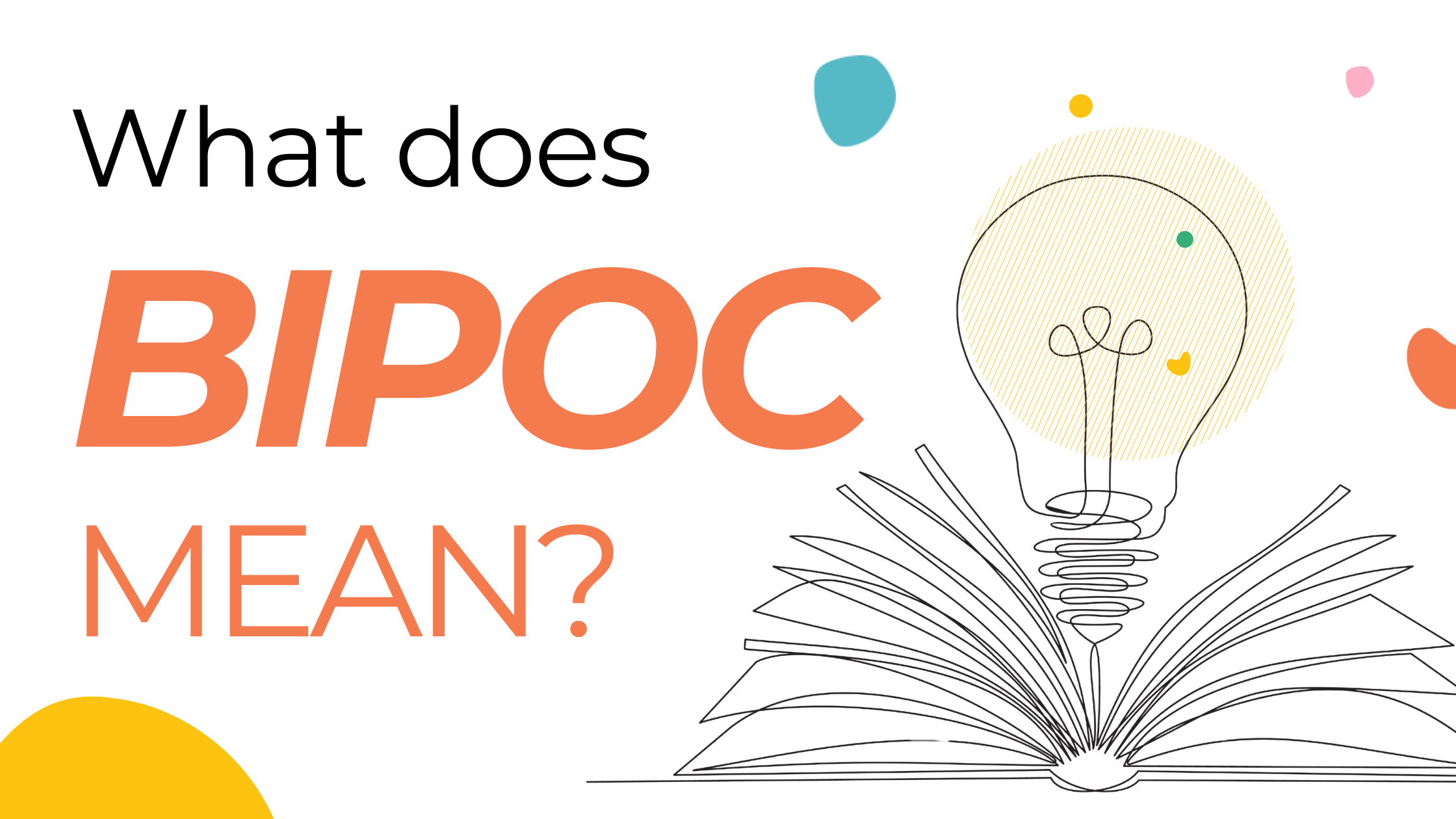What is BIPOC?
BIPOC stands for Black, Indigenous, and people of color. We use this acronym to highlight Black and Indigenous students in conversations about access to higher education and ways to advance racial equity in colleges, universities, and other postsecondary learning institutions.
For BIPOC students who are also LGBTQ, discrimination is compounding.
“Black LGBTQ people experience discrimination in multiple forms in higher education. We encounter both institutionalized racism and anti-LGBTQ rhetoric,” Point Flagship Scholar K.S. Jamison (she/her) said. “When we experience inequity inside and out of the classroom, we’re oftentimes ignored or pushed aside.”
K.S. notes that this discrimination at multiple levels leads Black LGBTQ students like herself to feel alienated within college campuses.
BIPOC Students Today
Recently, legislators have been seeking to dismantle funding for Diversity, Equity, and Inclusion (DEI) programming in many states. This reversal of equality, along with an influx of anti-LGBTQ legislation and SCOTUS’s elimination of Affirmative Action in 2023, has already hurt BIPOC student access and success in higher ed.
Point Flagship Scholar and Amazon Scholarship recipient Warren Small (he/they) is keenly aware that LGBTQ BIPOC are underrepresented among lawmakers.
“I believe it’s vital for the future of LGBTQ rights to have representation of the people these laws will impact most,” Warren said. "After all the progress we’ve seen over the last few years, still much is to be done.”
Warren studies political science at Howard University and is pursuing a career in public interest law. He hopes to be part of this change and have already had legislative internships with Rep. Ritchie Torres and Sen. Charles E. Schumer.
For most, like Warren, the path to law-making and leading change starts with a higher education. LGBTQ BIPOC students, unfortunately, face multiple barriers to success in academia.
A study on the LGBTQ BIPOC student experience from the Williams Institute at UCLA School of Law, in collaboration with the Point Foundation, found that:
- LGBTQ BIPOC students are twice as likely as their white peers to receive unfair treatment at school due to being LGBTQ.
- LGBTQ BIPOC students are more likely to face barriers to getting the amount of education, training, or degrees due to a lifetime of anti-LGBTQ bullying, harassment, and unfair treatment.
Consistent with these findings, among adults ages 25 to 40, fewer LGBTQ BIPOC students completed a postsecondary degree or certificate compared to their white LGBTQ peers.
Supporting BIPOC Students
Generations of racism and an education system born from discriminatory policies have made clear that Black, Indigenous, and people of color students face greater obstacles to educational achievement. With the recent elimination of federal and state protections, LGBTQ BIPOC students will face even more hurdles on their way to graduation.
Point aims to mitigate these issues by providing financial support, community resources, and professional development through our BIPOC Scholarship. Currently, 81% of our student body is BIPOC.
For the next academic year we hope to reach more BIPOC students as our 2024 BIPOC Scholarship application opens. Find more info, spread the word, and apply at https://pointfoundation.org/scholarships/bipoc

